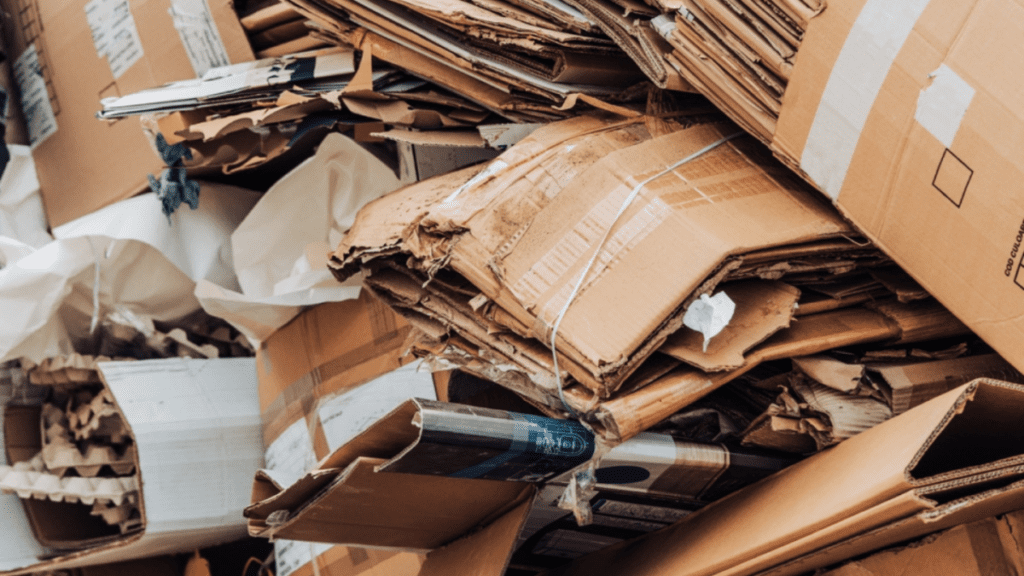More than 80 wine and spirits companies have asked the UK government to delay the implementation of the Extended Producer Responsibility (EPR) scheme.
The Department for Environment, Food and Rural Affairs (Defra) issued an “illustrative” fee rule for the EPR initiative earlier this year.
Under the scheme, which will come into effect on 1 January 2025, producers must report the amount of packaging they put on the market and pay the associated prices per tonne.
In a joint letter sent to government ministers, producers represented by the UK Wine and Spirits Trade Association (WSTA) expressed concerns about the “unreasonable” scheme, which they believe is not ready to be implemented.
So far, the government has calculated fees for eight categories of packaging, ranging from low to medium and high costs.
As of September 30, the maximum explanatory base tariffs range from £605 ($784) per tonne of aluminum and £565 per tonne of fibre-based composite materials, to £250 per tonne of paper and card, and £520 per tonne Of composite materials. Plastic and £215 per ton of glass.
At a minimum, estimated basic charges range from £110 per tonne of glass to £360 per tonne of plastic.
Defra says it calculates the estimated charge “by dividing the local authority's packaging waste management costs for household packaging waste by the total amount of household packaging on the market”.
Final charges are not expected to be released until after April 1 next year, but the WSTA said the costs would likely “not be known until summer 2025,” making it “impossible” for producers to “estimate the cost to businesses and” consumers at the end of the year. “The end.”
The trade body said the lack of clear guidelines prevents companies from setting pricing plans and determining how much new costs will be passed on to customers, or whether they need to adjust prices with retailers.
According to current guidelines, SMEs and importers are likely to be most affected by the “ensuing crisis,” because they “tend to hold lower cash reserves and have limited access to finance,” the WSTA said.
She also said that while producers already pay fees for packaging of business and hospitality waste “through delivery contracts and direct contracts with waste collectors”, as well as a PRN (Packaging Recycling Note), the new scheme will “end up paying them twice”.
“There is a 'non-domestic' exemption process, but Defra's new rules are not working, and the vast majority of bottles sold in the hospitality industry will pay an EPR charge, quite unfairly. Defra recognizes their mistake but has acknowledged that the issue will not have to be a priority,” it said. The WSTA statement said.
The story continues


